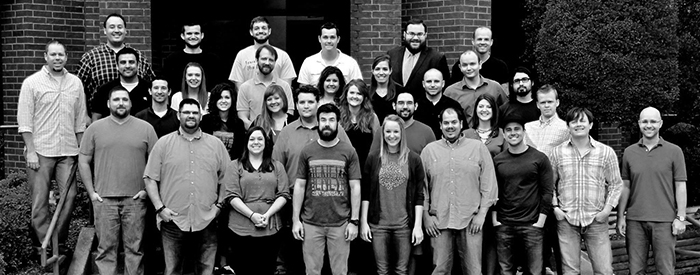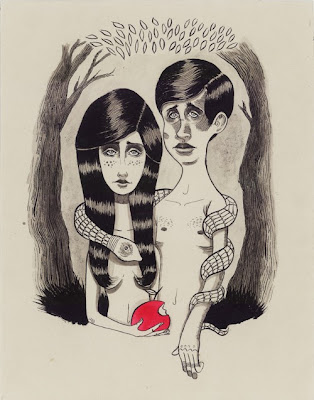Greatly Shaken
This afternoon Psalm 62 worked its way through my mind: He alone is my rock and my salvation, my fortress; I shall not be greatly shaken. Greatly shaken.
I have felt shaken in recent weeks. Shaken by my own expectations, by the expectations of others, by my sin, and by the sin of others. Here's the thing, though: I've been surprised at how surprised I am.
Somewhere along the way I bought the story that He was my rock and salvation, my fortress and I would not be shaken. I know suffering comes and sin steals for a season. I read the Bible and see it is full of people for whom things did not go well. But shaken? Knocked off kilter, rattled around?
Ah. Greatly shaken.
The gospel does not make lead-footed friends of us. Our salvation is secure, but we are not cemented in place, stuck with no forward or backward motion. The gospel sets a feast before us, but it is not a feast of fructose and ease, it is one that gives us what is best for us. And sometimes being shaken is best.
There is a passage in Corinthians I hear quoted often in reference to struggles: We are afflicted in every way, but not crushed; perplexed, but not driven to despair; persecuted, but not forsaken; struck down, but not destroyed.
But it is the words before and after that catch me off guard, that shake me down, that pull my pride into a vortex of the Holy Spirit:
"We have this treasure in jars of clay, to show that the surpassing power belongs to God and not to us. We are afflicted in every way, but not crushed; perplexed, but not driven to despair; persecuted, but not forsaken; struck down, but not destroyed, always carrying in the body the death of Jesus, so that the life of Jesus may also be manifested in our bodies. For we who live are always being given over to death for Jesus' sake, so that the life of Jesus also may be manifested in our mortal flesh."
So He is my rock, my salvation, my fortress. He is also my comfort, my shelter, my haven. But all this shaking? All this crushing? All this pressing? It is for Him, for His glory and my good.
Maybe that is simplistic. I know it sounds simplistic to me today, as though I should be beyond this concept. But the truth is every time I think I'm beyond it, I get surprised by how much I still need it.
He is better. In the midst of being greatly shaken, His words stands firm and He is better.







